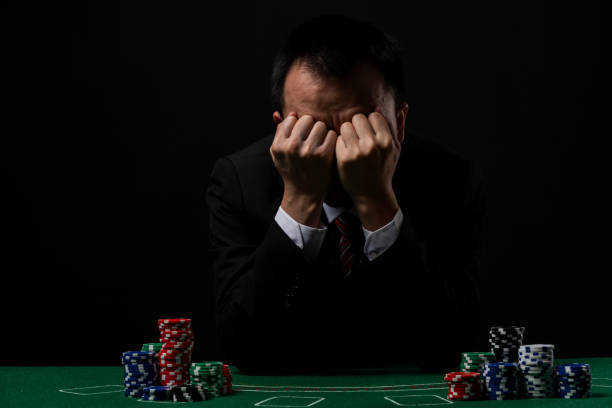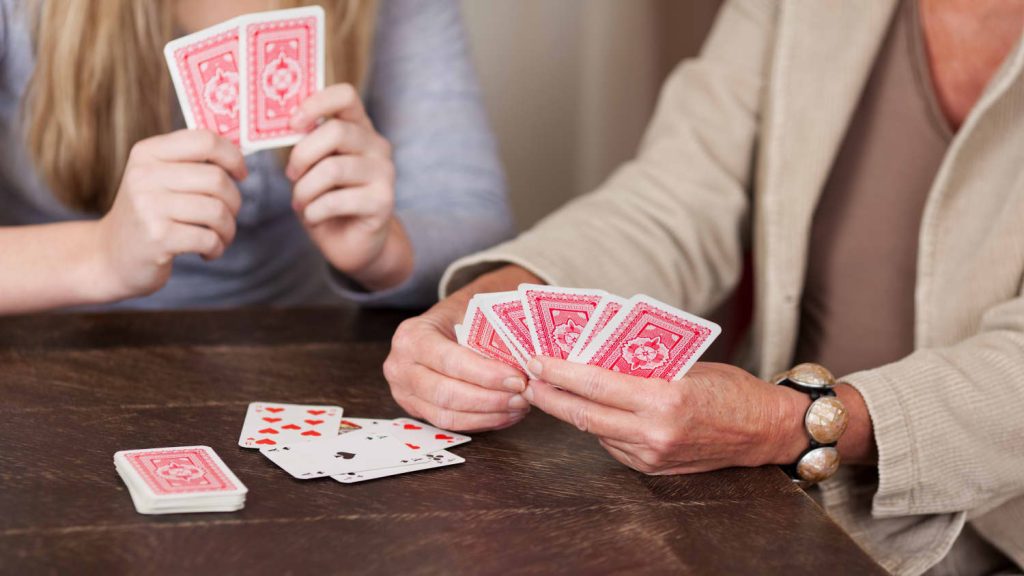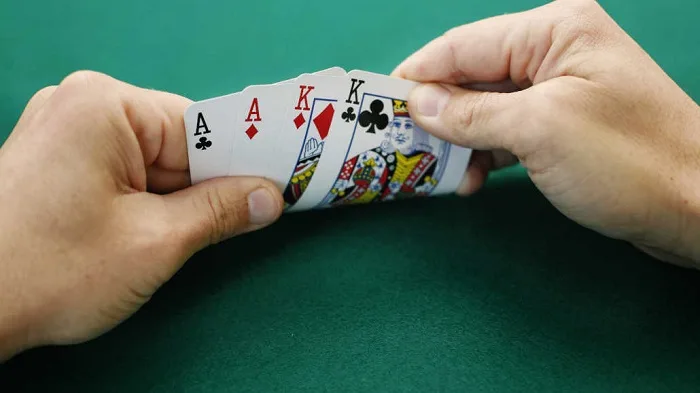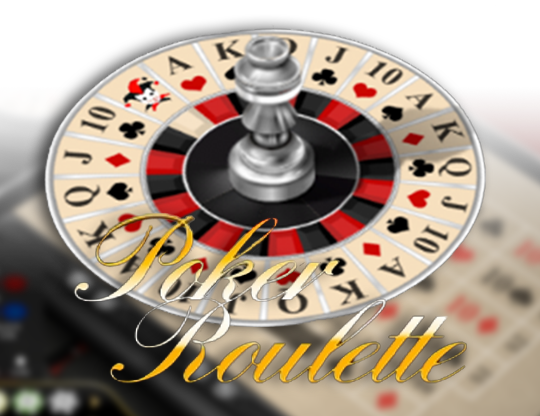
Playing Cards: The Types Who Should Think Twice
Card games, spanning from innocent pastimes to high-stakes gambling, have been a cornerstone of social interactions and leisure activities for centuries. While many indulge in these games for fun, relaxation, or the thrill of the game, there are certain individuals who might want to reconsider participating. This caution isn’t just about potential financial losses but also psychological and social implications.
Before delving into the types of people who might want to avoid card games, it’s essential to underline that this article isn’t aiming to demonize card games or those who enjoy them. Instead, it serves as a cautionary guide for those whose characteristics or circumstances might make these games less enjoyable or potentially harmful.
Individuals Prone to Addictive Behaviors
For some, what starts as an occasional game can morph into a compulsive need. Individuals with a history of addictive behaviors, whether related to substances, gambling, or other activities, might find card games – especially those involving money – a slippery slope. This is not to say that everyone with a past addiction will develop a card-playing compulsion. Still, the risk is undeniably higher.
Being aware of one’s tendencies and setting clear boundaries is crucial. If someone finds themselves playing more frequently, spending more money, or feeling anxious when not playing, it might be time to reassess.
Those with Financial Instability
The Monetary Implications
While many card games are played for fun without any money on the line, others involve betting, sometimes hefty amounts. Individuals already grappling with financial challenges might be lured by the prospect of ‘easy money’. However, the unpredictable nature of card games can lead to significant losses, exacerbating financial woes.
Emotional and Social Ramifications
Beyond monetary implications, there’s an emotional toll. The stress of losing money, especially funds one cannot afford to lose, can strain personal relationships, lead to feelings of guilt, shame, and even depression. These emotional repercussions can, in turn, affect one’s job, friendships, and overall quality of life.
People with Low Frustration Tolerance
Not every game goes as planned. Some individuals, particularly those with low frustration tolerance, might struggle with the ups and downs of card games. Repeated losses, a bad hand, or perceived ‘unfair’ play by others can lead to heightened emotions, outbursts, or even conflicts with fellow players.
Over time, this not only takes away from the enjoyment of the game but can also strain relationships with those they play with, leading to feelings of isolation or embarrassment.

Individuals with Social Anxiety
For those with social anxiety, group activities can be daunting. While card games can offer an opportunity to connect with others, they can also be a source of stress. The fear of judgment, making a mistake in front of others, or simply being in a group setting can overshadow the enjoyment derived from the game.
It’s essential to gauge one’s comfort level and perhaps start with smaller, more intimate settings before diving into larger groups or more competitive environments.
Conclusion
Card games, in their essence, are meant to be enjoyable – a way to bond with friends, challenge oneself, or simply pass the time. However, like any activity, they’re not suitable for everyone. Recognizing one’s tendencies and limitations can help individuals make informed decisions about whether to participate.
It’s always crucial to remember that card games are just that – games. If they cease to be fun or begin to negatively impact one’s life, it might be time to step back and evaluate.
The most popular articles
-
 Exploring Omaha Poker: From Basics to Winn...
Exploring Omaha Poker: From Basics to Winn...Omaha poker, a game that has captivated the hearts of card game …
-
 Mobile Card Gaming: Future Trends
Mobile Card Gaming: Future Trendshe landscape of mobile gaming has undergone a remarkable transformation, with card …
-
 Review of the game Poker Roulette from Esp...
Review of the game Poker Roulette from Esp...Embark on a captivating journey through the innovative and diverse offerings at …
